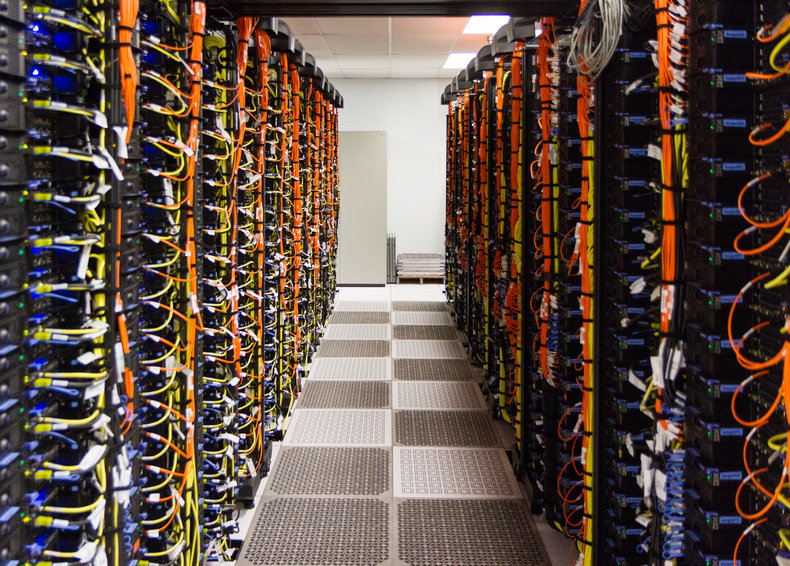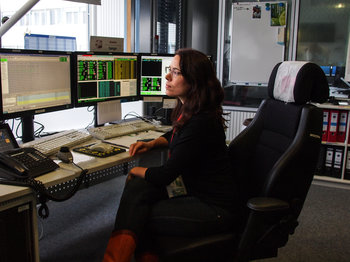
Scale
A cloud computing platform can be designed to be scaled without limit with the exception of resource limits such as cost.Incremental Scale
If you have a supercomputer, purchasing a second supercomputer is a big decision. Commodity computing can be scaled in small increments as required.Failure
When a commodity computer fails it is common just to swap in a new one. If the computer is under warranty it goes back to the manufacturer. Otherwise it may go to recycling. High powered computers generally need to be repaired potentially resulting in more downtime.Cost Per Compute Unit
Commodity computers aren't state of the art technologies that command a high price. As such, they are generally cheaper per computing unit.Management
Managing thousands of machines that are all much the same may be easier than managing 50 high power computers that have unique hardware profiles.| Overview: Commodity Computing | ||
Type | ||
Definition | The use of inexpensive computers in distributed computing. | |
Related Concepts | ||





























